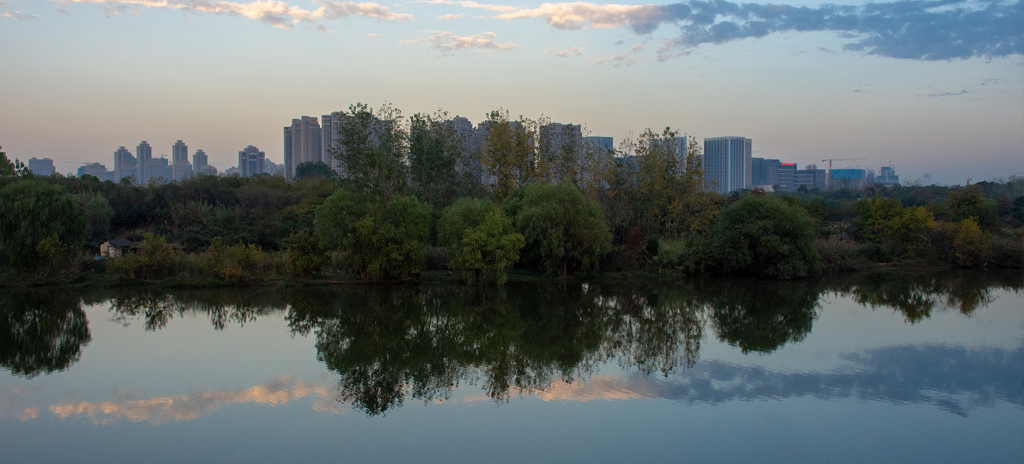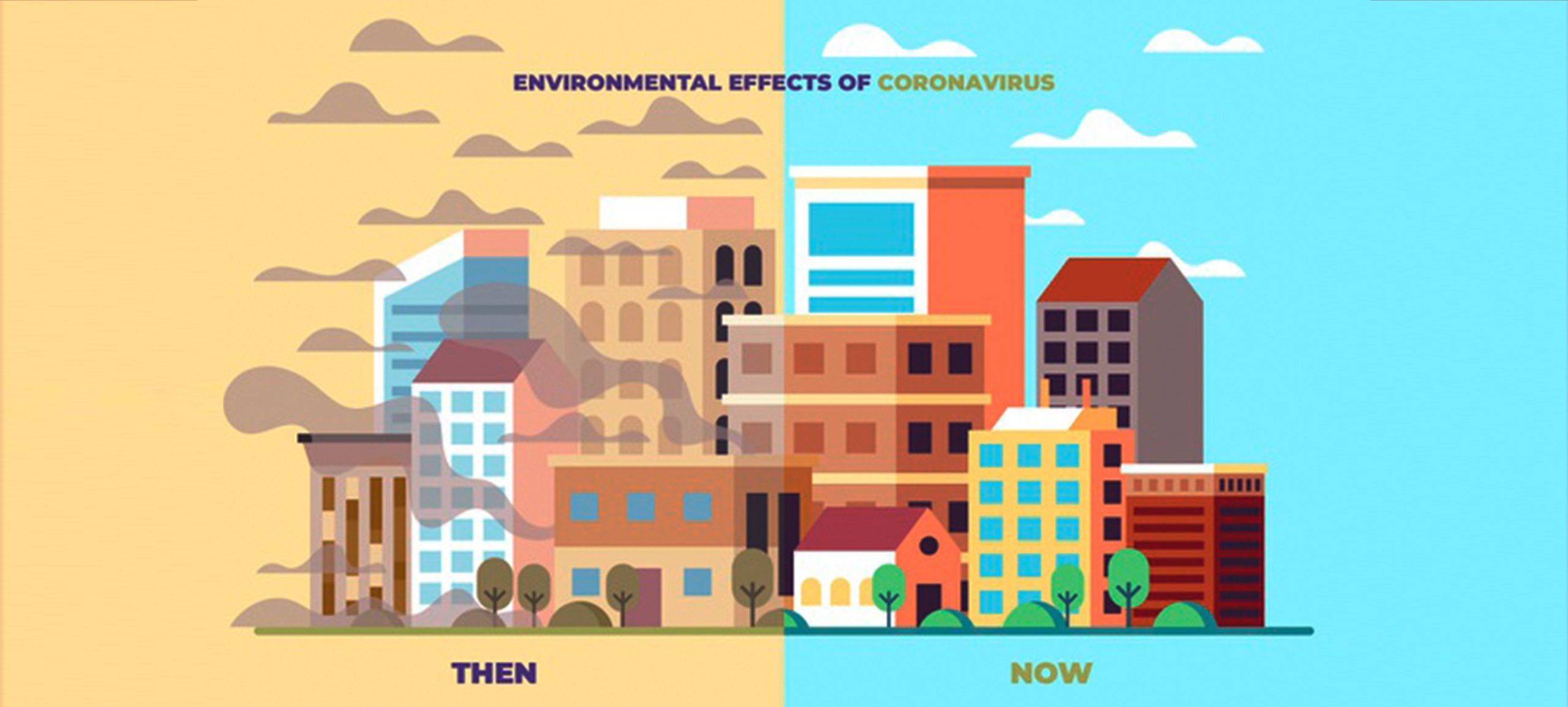Coronavirus or COVID-19 outbreak has become the topic of the year 2020. The rapid spread of this infectious disease has become a global health crisis, which had affected about 216 countries. According to the World Health Organization, COVID-19 spreads between people through direct, close contact with infected people or through contaminated objects. Therefore, to cope with the virus outbreak, many countries have implemented actions such as confining gatherings, encouraging social distance, imposing a curfew, and locking down entire countries to limit human interaction.
With humans under lockdown going through their darkest days, experiencing an unbelievable death toll of 1.2 million, one bright spot is offering relief for Earth. Mother Nature is healing herself and planting hope for the planet even in these dark days when she is given some alone time.

Preventive actions taken by the countries have unintentionally brought significant benefits to the environment. A sharp drop in environmental pollution and substantial improvement in the quality of nature is apparent especially due to the lockdowns that took place all over the world.
From all types of pollutions, air pollution drop in this pandemic situation is predominant. The air pollution levels had been low in urban areas of Sri Lanka due to comparatively low vehicle movements and closure of factories as the government imposed an island-wide lockdown from 20th March 2020. The Central Environment Authority (CEA) and the National Building Research Organization (NBRO) noted a sharp drop in concentrations of small Particulate Matter (PM2.5 and PM10) during the curfew period.
Particulate Matter is a complex mixture of tiny solid particles and liquid droplets. It includes acids, metals, organic chemicals, and dust or solid particles. NBRO recorded a 75% drop in PM2.5 and 65% in PM10 levels while the overall average Air Quality Index (AQI) tracked by the U.S Embassy in Colombo stated as 52.1 in Colombo which is 27% lower than the last year. The results demonstrate the significant improvement in air quality compared to the pre-lockdown phrase as the concentrations of PM2.5 and PM10 have witnessed maximum reduction. NO2 and CO have also shown a considerable decline and the urban areas have experienced a maximum improvement in air quality.

A parallel trend has played out worldwide, as the world experience the largest ever annual drop in CO2 emissions this year. In northern India, the Himalayas were visible in the distance for the first time in generations and on the second and fourth day of Indian lockdown, about 40-50% improvement in air quality was recorded.
During the first nine weeks of the UK lockdown, NO2 along London’s roads, reduced by 31% compared with the pre-lockdown phrase. Air pollution has also declined across the U.S.A during the pandemic, including a 25.5% reduction in NO2. European cities have also shown a reduction of 50-70% in NO2 levels. In China, the first country that was struck by the outbreak, the AQI in the lockdown cities was brought down by 19.84 points.
COVID-19 lockdowns have given the natural world a rare opportunity to heal without any humans around. It was not only the air quality that improved during this pandemic situation. As a consequence of the lockdowns, pollution of water and land was reduced. The environment, including soil, lakes, and rivers, became cleaner than ever.

As humans worldwide remain under lockdowns, animals have found new freedom in wandering the streets, exploring empty cities, and playing in the wilderness. Wild animals have regained natural spaces while some national parks around the world left animals to roam the parks freely. Wild boar was spotted in the center of Barcelona, Spain, and in Haifa, Israel while in the UK, hedgehogs enjoyed car-free roads. In South Africa’s Kruger National Park, lions were spotted napping on a road outside the park while in California’s Yosemite National Park black bears have made more appearances than usual and coyotes, bobcats, and bears have roamed around empty tents and buildings.

Deer were spotted wandering freely around Nara, Japan while lakhs of flamingos turned the Mumbai stream into a pink ocean. Dolphins were spotted swimming near the banks of the Bosphorus, one of the world’s busiest marine routes situated in Istanbul, Turkey. Sri Lanka’s COVID-19 lockdown has even helped to reduce the human and elephant death toll from clashes between them.

The healing of nature is one of the positive results the planet achieves throughout this baleful pandemic. This situation corroborates the idiom; every cloud has a silver lining. Every negative situation has the potential to result in something positive. It is our responsibility to maintain this benevolent situation all along to help the fight of saving Earth and to convey a beauteous planet to the future generation.
Written by Rtr. Oshani Samarakkody


0 Comments